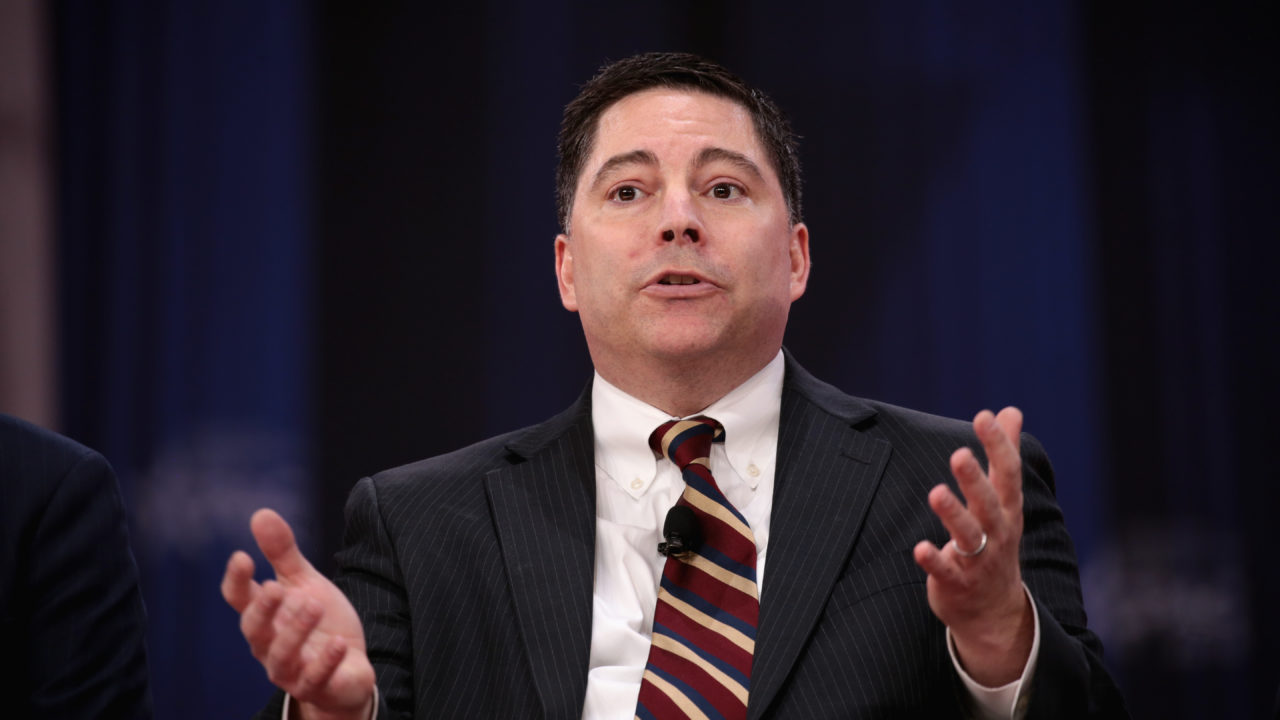
FCC Commissioner Shines Light on States’ 911 Fee Misuse
Diverting 911 fees from public safety networks is illegal, but that doesn’t stop some states from using this money for unrelated and inappropriate purposes.
FCC Commissioner Mike O’Rielly, in an effort to stop this blatant misuse of citizens’ money, called out four states in particular last week — Montana, New York, New Jersey and Rhode Island.
In a letter to Montana Governor Steve Bullock, Commissioner O’Rielly asked about Montana’s questionable diversion of 911 fees to help “right-size” the number of professors in the Montana University System. This diversion allegedly also included buy-outs for professors nearing retirement.
According to Commissioner O’Rielly, if Montana really did do this, this would be “one of the most egregious cases” he’s seen while at the FCC. He requested that Governor Bullock return the $2 million it diverted and commit that it would never do so again.
He also spoke with the Pennsylvania chapter of the National Emergency Number Association, where he named New Jersey, New York and Rhode Island as “habitual and intentional offenders” when it comes to diverting 911 fees.
According to the speech, New Jersey is the most “brazen” state, having diverted over 90 percent of 911 fees to its general fund. In fact, since 2004, residents of New Jersey have paid nearly $2 billion in 911 fees, but only $350 million has gone to strengthening the 911 public safety network.
Even worse, the state won’t respond to Commissioner O’Rielly’s offers to discuss the matter.
New York claims its activities don’t qualify as diversion, while Rhode Island has created a new “public safety” to collect money from wireless customers for its general fund.
In 2017, nearly $285 million, or 9.70 percent of all 911 fees, were diverted.
“Perhaps some other, more colorable reason or excuse can be generated, but the simple truth is that 9-1-1 fees are paid by consumers to preserve, operate, and improve the 9-1-1 public safety network, not to serve as a piggy-bank that can be raided to fix state budget shortfalls,” Commissioner O’Rielly wrote to Governor Bullock.
Diverting 911 fees hurts these states’ citizens. In his speech, Commissioner O’Rielly said that most of them are “woefully unprepared” for migrating to Next Generation 911. And some states are ineligible for federal 911 grants because they divert too much money away from safety programs, and as such, are underfunded.
Commissioner O’Rielly said the FCC will still monitor fee diverters, but “experience suggests it is going to be very hard to change the practices of these three states absent some new tools enacted by Congress or the Commission.”
States should view 911 fees for what they are: funds that are used to strengthen public safety programs and protect citizens, not the state’s bottomless piggy bank.
Author: Bethany Patterson
Photo credit: Gage Skidmore (Flickr)